20 Jun2017
By Mary Curran
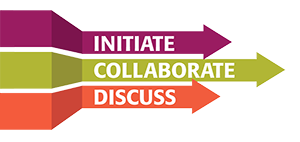
Have you ever wondered what it takes to develop a teacher education program that prepares teachers to teach for global competence? Or how your own educator preparation unit is progressing in its efforts to internationalize?
If you are a dean/director of teacher education, you can take a survey this summer to find out. AACTE’s Internationalizing Teacher Education Topical Action Group (TAG), Global Teacher Education Inc. (GTEI), and the Longview Foundation have combined resources to create a self-reflection tool that will help teacher education deans and directors assess their own colleges’ internationalization efforts.
12 Jun2017
By Kevin Graziano, Teresa Foulger, Denise Schmidt-Crawford and David Slykhuis
The views expressed in this post do not necessarily reflect the views of AACTE.
To help educator preparation programs address calls for better preparing new teachers to integrate technology in their practice, we recently led a collaborative research effort to develop a set of teacher educator technology competencies. An article outlining the competencies and our underlying methodologies is currently in review for publication, and we look forward to disseminating the details soon – but for now, we’d like to share some background on what spurred the project and how we decided to approach it.
09 Jun2017
By Renée A. Middleton
The views expressed in this post do not necessarily reflect the views of AACTE.
In certain circles, it is popular to view colleges and universities as the embodiment of an intolerant “education establishment” driven more by liberal ideology than by valued learning experiences. Particularly with the recent leadership transition in Washington, DC, espousers of this view have grown bolder in their accusations of brainwashing and progressive elitism in higher education. These claims are frustrating in that they betray a lack of familiarity with the mission of our institutions, but they are also dangerous: if used to erode public support for higher education, they will further impede access by those most in need.
While we welcome constructive criticism of our work, statements that delegitimize higher education are counterproductive and must be challenged. When officials suggest that professors are deviously indoctrinating students with a limited, biased, and distorted set of beliefs, such intimation is demeaning to faculty and students alike. And after 35 years in higher education, I can attest to the utter falseness of this assumption.
06 Jun2017
By Bryan L. Duke
It may not be often that a state chapter of AACTE seeks to create new legislation outlining expectations for teacher preparation, but that was the case for the Oklahoma Association of Colleges for Teacher Education (OACTE) during the past academic year.
For several years, state legislators had been proposing new dyslexia training requirements for all early childhood, elementary, and special education candidates. However, concerns and tensions escalated between educator preparation providers (EPPs) and interest groups who disagreed on the definition of the problem, the depth of training that would be appropriate, and language that might mandate particular programs and materials. Consequently, discussions and the relationship between groups deteriorated and were unproductive.
06 Jun2017
By Dana Dunwoody
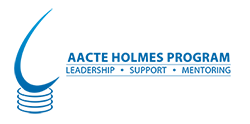
Since 1991, various iterations of the AACTE Holmes Program have catered to doctoral students from historically underrepresented backgrounds by providing conferences, mentoring, and other support. Since then, more than 700 Holmes Scholars have completed their terminal degree and moved beyond their student careers into research, policy, and academic positions across the nation. With Holmes’ growth into other education levels in the past 2 years, the Holmes Scholars Council is reaching out to our younger colleagues to determine their needs and how we might better tailor the program to meet them.
The Holmes community now consists of high school students (Holmes Cadets), undergraduates (Holmes Honors), master’s students (Holmes Master’s), and doctoral candidates (Holmes Scholars). To better serve all of our Holmes students, the council would like to hear from each member at the new levels – Cadets, Honors, and Master’s. Please encourage all of these Holmes students to take our needs assessment survey this month – it is anonymous and should take only 5-10 minutes to complete.
30 May2017
By Beth Kania-Gosche and Daryl Fridley
The views expressed in this post do not necessarily reflect the views of AACTE.
Educator preparation providers (EPPs) in many states find themselves under increased pressure to demonstrate accountability, but they often feel powerless to play a role in the development of accountability measures. Accountability often seems to be something that is done to them rather than with them. In Missouri, however, EPPs have played an integral role in the creation of the state’s new report card.
It wasn’t always this way, and the manner in which EPPs came to be involved may be instructive to those working in other states. When the Missouri Department of Elementary and Secondary Education first presented a plan for its Annual Program Reports for Education Preparation Programs (APR-EPP), EPPs were also dealing upheaval in other areas too – from changes to certification rules to new expectations for field experiences. The APR-EPP was met with significant resistance in the Show-Me State for many reasons, including the fact that it included a battery of new assessments and a simple Met/Not Met designation.
19 May2017
By Anna E. McEwan
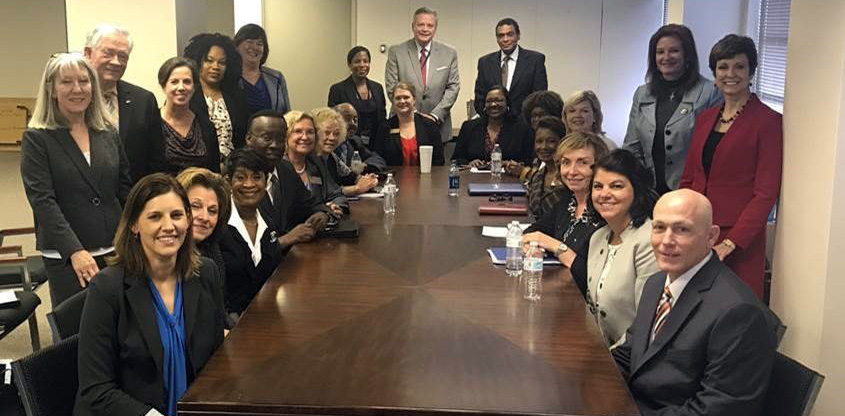
Members of the Alabama Association of Colleges for Teacher Education meet with officials from the state department of education and Alabama’s representatives to the Southern Regional Education Board’s Teacher Preparation Commission.
One of the benefits of state chapter affiliation with AACTE is the opportunity it provides, through the Advisory Council of State Representatives (ACSR), to network with those from other states who share the work of preparing educators. Our collaboration is facilitated through participation in regional conference calls, AACTE Annual Meetings, and the State Leaders Institute as well as communications like the monthly State Directions e-newsletter. As we learn how others are responding to federal, state, and local education initiatives, we find opportunities for mutual support and ways to present a united voice.
16 May2017
By Derek Olson
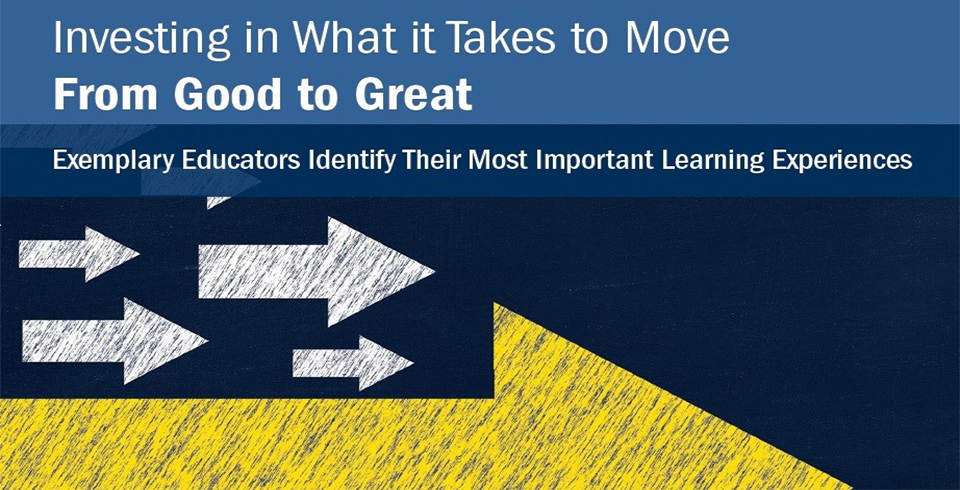
Everyone likes a great investment, a sure thing, a great return for the money. In education, as in the markets, trying to figure out where to invest for the best results is challenging. Still, solid research can point us in the right direction, which is why I couldn’t wait for the results of the latest study in the “Good to Great” series by the National Network of State Teachers of the Year (NNSTOY): Investing in What It Takes to Move From Good to Great: Exemplary Educators Identify Their Most Important Learning Experiences.
16 May2017
By Jane S. Bray
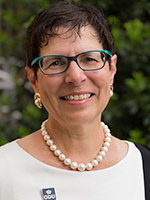
This op-ed was published May 14 in the Virginian-Pilot. The views expressed in this post do not necessarily reflect the views of AACTE.
At a recent alumni award ceremony for Old Dominion University’s Darden College of Education, one of the honorees, author Rodney Sidney II, introduced the guests he had invited. Among them was his fourth-grade special education teacher. The moment was tremendously poignant, as he spoke of the support and encouragement he had received from her. Even more touching was how Sidney described her belief in him and her never-ending guidance.
08 May2017
By Whitney Watkins
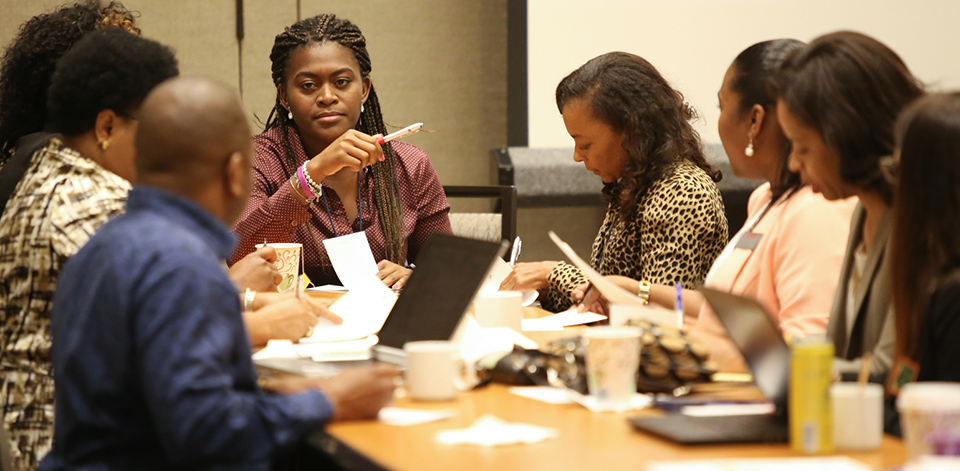
Holmes Scholar Whitney Watkins, past president of the Holmes Scholars Council, reflects on her participation in last year’s Holmes Summer Policy Institute. This year’s institute will be held June 5. The views expressed in this post do not necessarily reflect the views of AACTE.
Such an awesome and fulfilling time was had at the 2016 Holmes Summer Policy Institute during AACTE’s Washington Week! From the connections I made with other Holmes participants to the relationships I built with professionals in the education field, the experience was one to remember.
04 May2017
By Rene Roselle
Registration is now open for AACTE’s Leadership Academy, June 25-29 in Providence, Rhode Island. One of this year’s faculty members is René Roselle, who attended as a participant just 4 years ago. The views expressed in this post do not necessarily reflect the views of AACTE.

In spring 2013, I was given the opportunity to become associate director of teacher education at the University of Connecticut’s Neag School of Education. Having been a faculty member for 8 years, I felt ready to expand my knowledge of the university and school by serving in new way. We had hired a new executive director of teacher education, and the role of associate director was newly created to support the director. Although I was familiar with the setting, having been a faculty member and doctoral student at UConn since 2001, I had no real preparation for the new role – until a colleague recommended the AACTE Leadership Academy.
01 May2017
By Sharon Brennan
The author and her collaborators presented a free AACTE webinar last month, “Building Teachers’ Cultural and Global Awareness to ‘Reach and Teach’ All Students”; the webinar recording and slides are available here. See also her earlier blogs on this topic, “Preparing Teachers to ‘Reach and Teach’ All Students” and “The Nature of Cultural and Global Learning: Key Concepts for Teacher Preparation.” The views expressed in this post do not necessarily reflect the views of AACTE.
The University of Kentucky has been working to transform education programs to better prepare teachers for the diversity of their future classrooms. But we are hardly alone – educator preparation programs, state agencies, accrediting bodies, and others are all directing energy and support toward ensuring the education workforce is prepared to reach and teach all students.
27 Apr2017
By Judy Beck
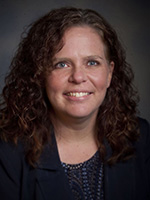
D.C. is the place to be this June for the AACTE State Leaders Institute! If you are involved in leading a state chapter, I hope you will join me June 4-5 for this great advocacy event as part of the AACTE Washington Week.
Let me begin by saying this: Way to go, teacher education colleagues! Speaking and acting as one, we were able to advocate recently for the repeal of the federal regulations for teacher preparation programs. We need to continue the forward momentum. Our work is not done. It has never been more imperative to bring a strong unified voice to both the national and state discussion. That is why I encourage you to participate in the State Leaders Institute (SLI) during AACTE’s Washington Week.
10 Apr2017
By Robert W. Smith
This opinion article originally appeared in The News & Observer. The views expressed in this post do not necessarily reflect the views of AACTE.
In pursuing testing and accountability as the route to school improvement, North Carolina has overlooked the benefits of collaboration and innovation. The following two examples of innovation illustrate both the challenge and the opportunity.
During the recession, when funds were cut for after-school transportation, a high school had to change its after-school tutoring program. It adopted a new program, Smart Lunch, which provided additional time for tutoring to occur in the middle of the day. This change brought several advantages: Tutoring was no longer an add-on at the end of the day; it did not have to compete with after-school programs or students who had jobs or family responsibilities; and it was not dependent on transportation.
03 Apr2017
By Sharon Brennan
The author and her collaborators will be presenting a free AACTE webinar Wednesday, April 12, 3:00-4:00 p.m. EDT on “Building Teachers’ Cultural and Global Awareness to ‘Reach and Teach’ All Students” (see this blog for more information). The views expressed in this post do not necessarily reflect the views of AACTE.
Various education-oriented groups have sounded the call for increasing attention to global competence among our nation’s PK-12 students. Recent reports from the Council of Chief State School Officers and the Asia Society, the Longview Foundation, the U.S. Department of Education, and the Organization for Economic Cooperation and Development have underscored the need to prepare all students to live and work in an interconnected, interdependent world. What does this mean for the preparation of their teachers?














